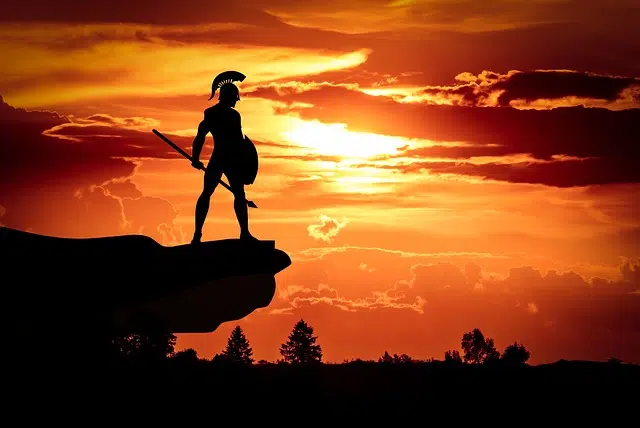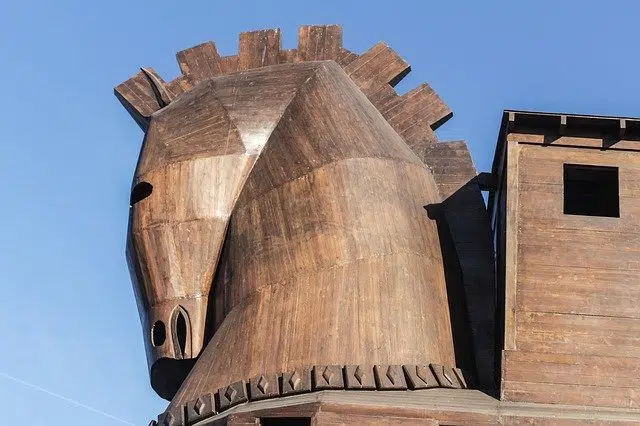
The epic hero is a warrior who manages to overcome all adversities.
The term epic , from the Latin epĭcus , refers to that belonging to or relating to epic or heroic poetry . This poetic genre presents legendary or fictional events that take place in a specific time and space .
This means that the epic can be based on true or invented events. Epic poets alternate narration (in the past tense) and description. The texts can be developed in prose or long verse, with the narrator present or absent.
The epic hero , meanwhile, is usually a warrior character who manages to overcome all types of obstacles to achieve his goals. His characterization makes him a being of great physical strength, intelligent and noble.
Epic genre and subgenres
The epic genre usually presents an important extension since it includes elements of other genres (such as drama or lyric ). For this reason it presents divisions into chapters or similar.
There are several subgenres within the epic. Epics present the exploits of an archetypal hero who represents the collective values of a nation. The song of deeds (with fewer fantastic elements than the epic), sagas , picaresque novels , books of chivalry , myth , traditional tales , ballads and legends can also include elements of the epic.

The "Iliad", whose narrative revolves around the Trojan War, is one of the best-known epic poems.
Homer, one of the most important authors
Among the many authors who have served as writers of the epic genre we could highlight, without a doubt, the Greek Homer . And he himself is considered the father of that in the West since he was the first to create works framed under that name.
Of all his works, we could highlight two that have become authentic examples of epic and that have become references within Universal Literature.
One of them is “Iliad” , which is based on the famous Trojan War. The oldest poem in Western literature is this one, which is composed of more than 15,000 verses, dating from the 8th century BC and which tells us, as we have mentioned before, the course of the aforementioned war conflict that had as its starting point the escape or kidnapping of Helen of Sparta in which Prince Paris of Troy played a fundamental role.
Homer's second important work within the epic genre is “The Odyssey” , created between the 8th and 7th centuries BC. It tells us about the return of the hero Odysseus to his homeland, to Ithaca.
Epic theater and the notion in everyday language
The main characteristics of epic poetry have transcended the literary field. In everyday language, something that is complicated to resolve is known as epic. For example: “In an epic match, the Argentine team managed to overcome a three-goal deficit and ended up winning the game on the hour mark.”
Finally, we cannot forget the existence of what is known as epic theater . Under this name is that type of theater that, at all times, seeks to ensure that the spectator not only comes to clearly identify with the emotions that shape the work but also reflects on the different questions that arise. in it.
